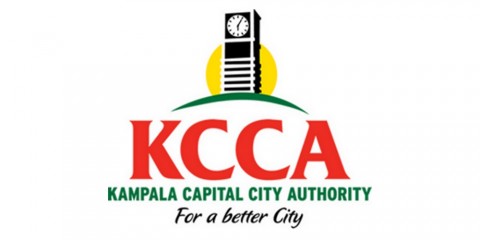Improving faecal sludge (FS) management for on-site sanitation in Kampala City, Uganda
2014 - 2018 • Kampala Capital City Authority (KCCA)
Purpose
To achieve a reliable and affordable FS collection and transportation service that promotes equity. This shall achieve reduced water pollution and reduction of waterborne diseases for the urban poor.
Activities
The project was research-based and focused on assessing a private sector service delivery model for improving FSM in Kampala City.
Countries of activity
Location of main activity
Objectives
The specific objectives of the study included;
(i) Profiling the Kampala sanitation market;
(ii) Analyzing the existing policy, legal and institutional framework related to FSM
(iii) Investigating the applicability of binding service level agreements (SLAs)
(iv) Development of feasible business/financial models for FSM in Kampala.
Further information
Research or implementation partners:
National Water and Sewerage Corporation, Reform for Urban Water and Sanitation Sector (RUWASS)-GIZ Uganda, Makerere University
Grant type: “City Partnerships for Urban Sanitation Service Delivery in Africa and South Asia”
Filter tags
Bill & Melinda Gates Foundation Emptying and transport (non sewered) Enabling environment and institutional strengthening Faecal sludge treatment processes Government-owned entity (not university or research) Market development Peri-urban Political processes and institutional aspects Practitioners Specific to one or several countries Sub-Saharan Africa Urban informal settlements (slums)
Links

Uploaded by:
danijela milosevic (milli)














